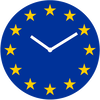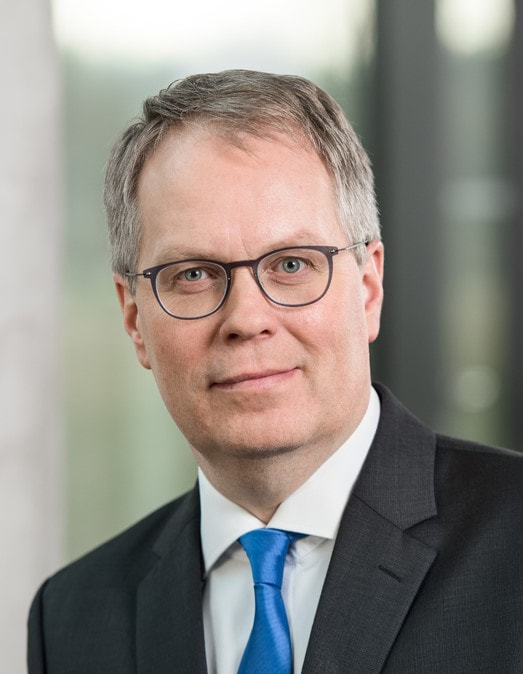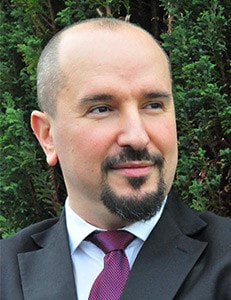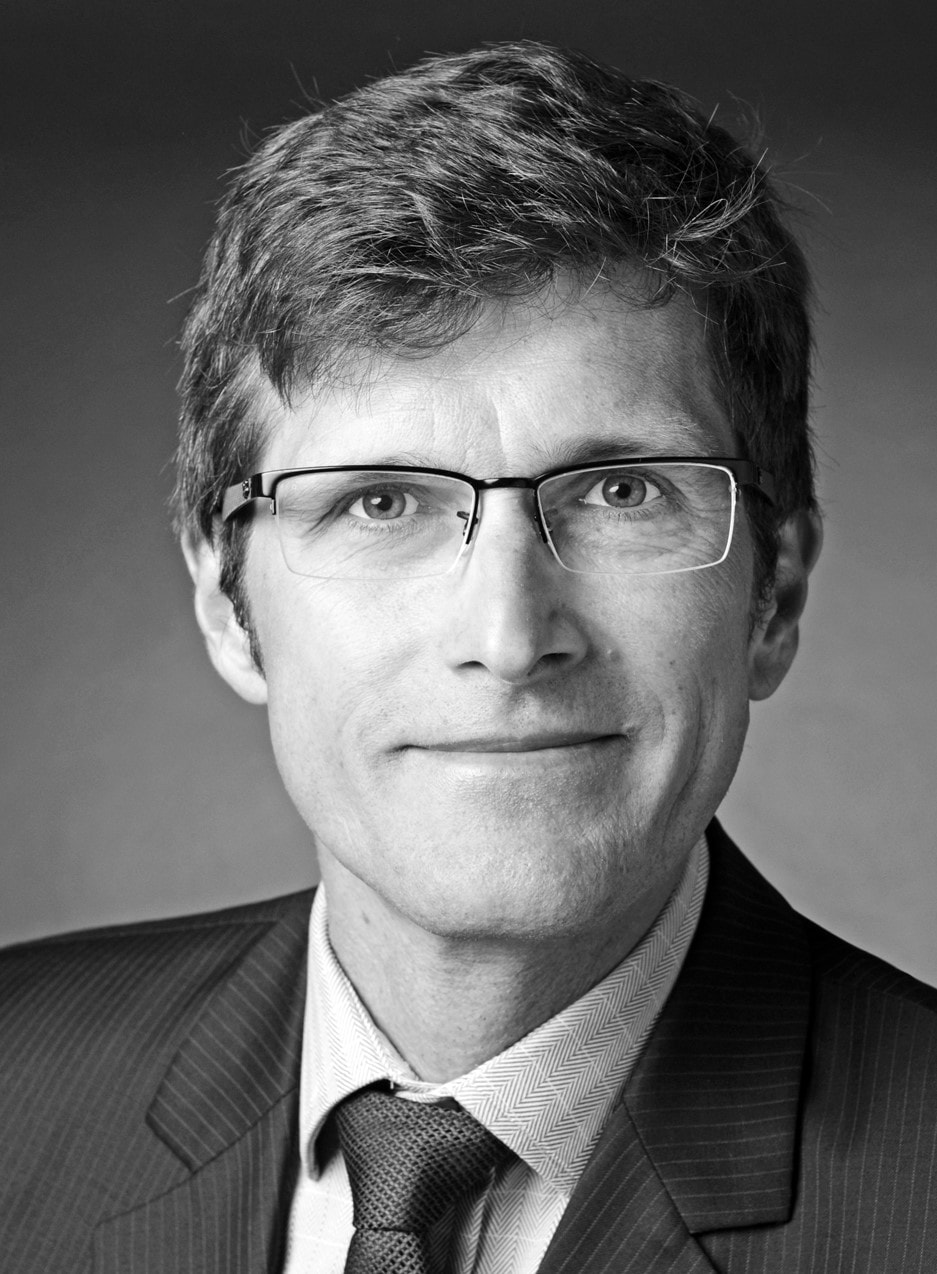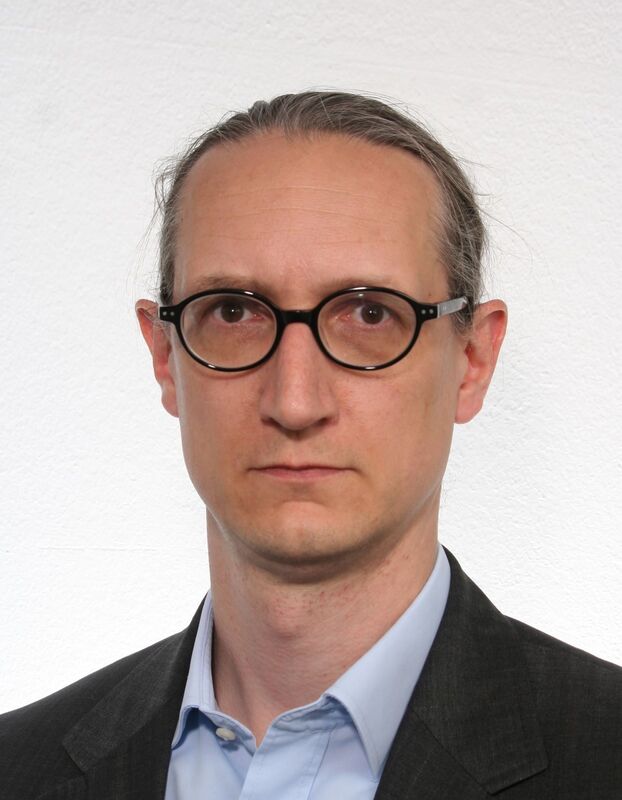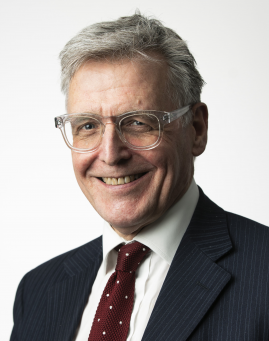External Research and Innovation Advisory Board
The role of the External Research and Innovation Advisory Board is to assess the direction of the iqClock project and give advice and support on project wide activities of research, development, innovation, implementation, collaboration and dissemination. The Board consists of the following members:
Prof. Dr. Ulrich Panne - Bundesanstalt für Materialforschung und –prüfung (BAM)
|
Prof. Dr. Ulrich Panne is president of BAM since 2013 and responsible for managing BAM with the mission safety in technology and chemistry. BAM is a designated institute for metrology in chemistry and handling a large reference material program.
Ulrich joined BAM in 2004 as head of the department of “analytical chemistry; reference materials” and professor for instrumental analytical chemistry at Humboldt University Berlin. He did his PhD work in analytical chemistry at the Technical University Munich (TUM), postdoc at the Environment Institute of Joint Research Centre Ispra, and habilitation at TUM. His research interests are analytical chemistry with focus on spectrochemical analysis, especially laser spectroscopy. |
Mr. Paolo Bianco - Airbus
|
Paolo Bianco got graduated in Aeronautical Engineering in Turin (Italy) after having graduated as Master of Science in Mechanical Engineering at Cranfield University in UK and having studied in prestigious technical universities across Europe. He started working with European Commission (EC) before graduation, when he co-founded a European Economic Interest Group to run projects in response to EC thematic network calls.
After a period as project management consultant, Paolo started his career in space at CGS (now OHB), Milan, Italy, then he joined Astrium, now Airbus, in Portsmouth, UK. In his role of space system engineer, Paolo has designed systems for Earth orbit and for interplanetary missions. Currently most of such systems are either flying or being finalized for flight. In parallel, as technologist Paolo has developed a wide range of diverse technologies for space and aerospace applications. This eventually became his main job as Global R&T Cooperation Manager for Airbus Defense and Space, with remit on UK and Asia-Pacific. In 2015 he got involved in Quantum Technologies (QTs), investigating and assessing on how to apply them to Airbus operation and products of Defence and Space division. He provided inputs on QTs application to the European Parliament (STOA) and the House of Parliament (POST), consultancy research definition to the European Commission for the deployment of the QT Flagship (High Level Steering Committee member), advice on QT adoption to European Space Agency (QT Space Report contributor) and more recently he joined the Quantum Space Network. |
PD Dr. Christian Lisdat - Physikalisch-Technische Bundesanstalt (PTB)
|
Christian Lisdat is leader of the group 'Optical Lattice Clocks' at PTB since 2013, where he started as staff scientist in 2007. He is also PI in the excellence cluster EXC 2123 “QuantumFrontiers” and in the Collaborative Research Center CRC 1227 “Designed Quantum States of Matter”.
After his promotion in 2001 on matterwave interferometry with molecules at the University of Hannover, he worked as CNRS visiting scientist and DAAD fellow at Laboratoire Aimé Cotton, Orsay, France on photoassociation of caesium. In 2002, he started as scientist at Leibniz University Hannover on Stark deceleration of polar molecules and long range interactions of atoms, for which he obtained a Venia Legendi. |
Mr. Eamonn Murphy - European Space Agency (ESA)
|
Eamonn Murphy graduated in Experimental Physics at University College Dublin, followed by postgraduate research on high resolution spectroscopy. In 1991 he started as junior researcher at the German Aerospace Center (DLR), and became research fellow at Trinity College Dublin in 1998.
During the 17 years at the European Space Technology Centre (ESTEC), his function has been technical interface for R&D developments between the European Space Agency, in the Directorate of Engineering, and industry/academia. In this role, he functions as a physicist/engineer between the newest developments in research and the goal for possible implementation in future space hardware. Sometimes this involved the need to investigate radical, technology-disruptive approaches. From 2005, there has been a concentration on the newest research developments in optical atomic frequency standards. Specific goals included system and sub-system approaches leading to reduced-complexity designs and enhancement and simplification through the newest research in integrated photonics and quantum optics. Distribution, as well as the generation, of ultra-stable optical frequency signals is included. Preparation of early flight opportunities such as in-flight technical demonstrations, having a clear science impact, became possible. Lessons from previous efforts in the past are leading to a transformation in the way ESA will prepare technology for future space missions. Flight qualification experience for the laser on BepiColombo (surface profiling by laser altimetry) spanned R&D on the early laser development directly to flight qualification in 6-7 years. Such experience will be invaluable for the newest challenges. |
Dr. Felix Wissel - Deutsche Telekom Technik GmbH
|
Felix Wissel holds a PhD in Theoretical Physics. He is in the engineering department of Deutsche Telekom Technik GmbH which he joined in 2014 as senior expert for network concepts and architectures. Before, he was in-house consultant at T-Systems International GmbH and as such is with DT since 2011. He participated in international projects for ESA and EU (e.g. IDEALIST) and now focuses on IP-optical integration, SDN solutions and latest developments in transport technologies and security. As such, he is heavily involved in quantum cryptography within the framework of the Quantum Flagship (CiViQ) and works on deploying a QKD platform for Deutsche Telekom. He is interested in mathematics, topology and network design challenges.
|
Former members of the ERIAB
Mr. Roger McKinlay - Innovate UK
|
Roger McKinlay read Engineering at Trinity Hall, Cambridge, and has worked in the defence, aerospace, maritime and rail industries. He is a chartered engineer, Fellow of the Institution of Engineering and Technology, Fellow of the Royal Aeronautical Society, Fellow of the Institute of Directors and Immediate Past President of the Royal Institute of Navigation.
|
